Granite Cleaning: Free Advice from a Stone Care Professional
Stonexpert
13 years ago
Related Stories
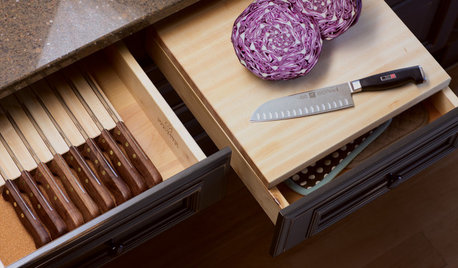
KITCHEN STORAGEKnife Shopping and Storage: Advice From a Kitchen Pro
Get your kitchen holiday ready by choosing the right knives and storing them safely and efficiently
Full Story
DECORATING GUIDES10 Design Tips Learned From the Worst Advice Ever
If these Houzzers’ tales don’t bolster the courage of your design convictions, nothing will
Full Story
ARTThe Best Ways to Care for, Clean and Store Art
Keep your treasures on canvas and paper in top shape with this expert advice from two gallery directors
Full Story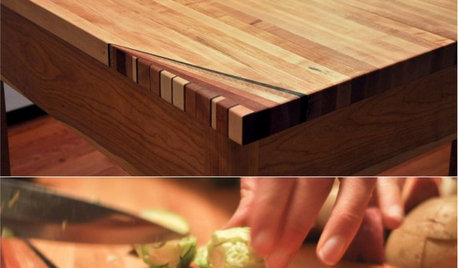
WOODWORKINGHow to Clean and Care for Your Butcher Block
Keep butcher block counters and boards looking sharp as a knife — and sanitized for safe food prep — with this advice from a pro woodworker
Full Story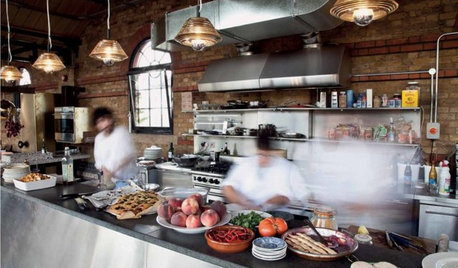
KITCHEN DESIGN16 Practical Ideas to Borrow From Professional Kitchens
Restaurant kitchens are designed to function efficiently and safely. Why not adopt some of their tricks in your own home?
Full Story
ORGANIZINGProfessional Tips for Organizing Your Clothes Closet
As summer draws to a close, get expert advice on editing and organizing your wardrobe
Full Story
HOUSEKEEPINGHow to Clean and Care for Your Mattress
See what the experts recommend to protect your mattress from dust, moisture and stains
Full Story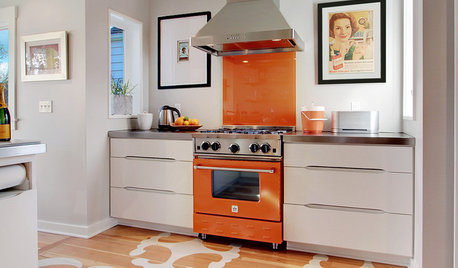
HOUSEKEEPINGHow to Clean Your Range and Oven
Experts serve up advice on caring for these kitchen appliances, which work extra hard during the holidays
Full Story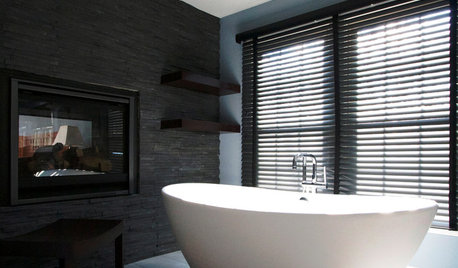
BATHROOM DESIGNDreaming of a Spa Tub at Home? Read This Pro Advice First
Before you float away on visions of jets and bubbles and the steamiest water around, consider these very real spa tub issues
Full Story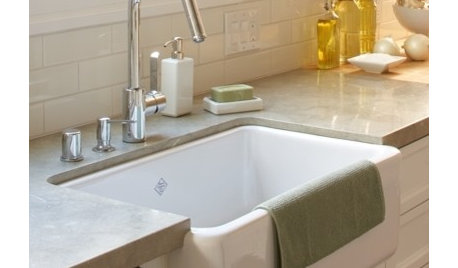
CONTRACTOR TIPSContractor Tips: Countertop Installation from Start to Finish
From counter templates to ongoing care, a professional contractor shares what you need to know
Full Story





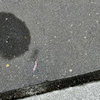


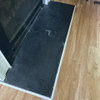
graywings123
flwrs_n_co
Related Professionals
Arlington Kitchen & Bathroom Designers · Bloomington Kitchen & Bathroom Designers · La Verne Kitchen & Bathroom Designers · Martinsburg Kitchen & Bathroom Designers · New Castle Kitchen & Bathroom Designers · North Versailles Kitchen & Bathroom Designers · Ossining Kitchen & Bathroom Designers · Forest Hill Kitchen & Bathroom Remodelers · Andover Kitchen & Bathroom Remodelers · Clovis Kitchen & Bathroom Remodelers · Eagle Kitchen & Bathroom Remodelers · Hanover Township Kitchen & Bathroom Remodelers · Toledo Kitchen & Bathroom Remodelers · Upper Saint Clair Kitchen & Bathroom Remodelers · Princeton Kitchen & Bathroom Remodelers